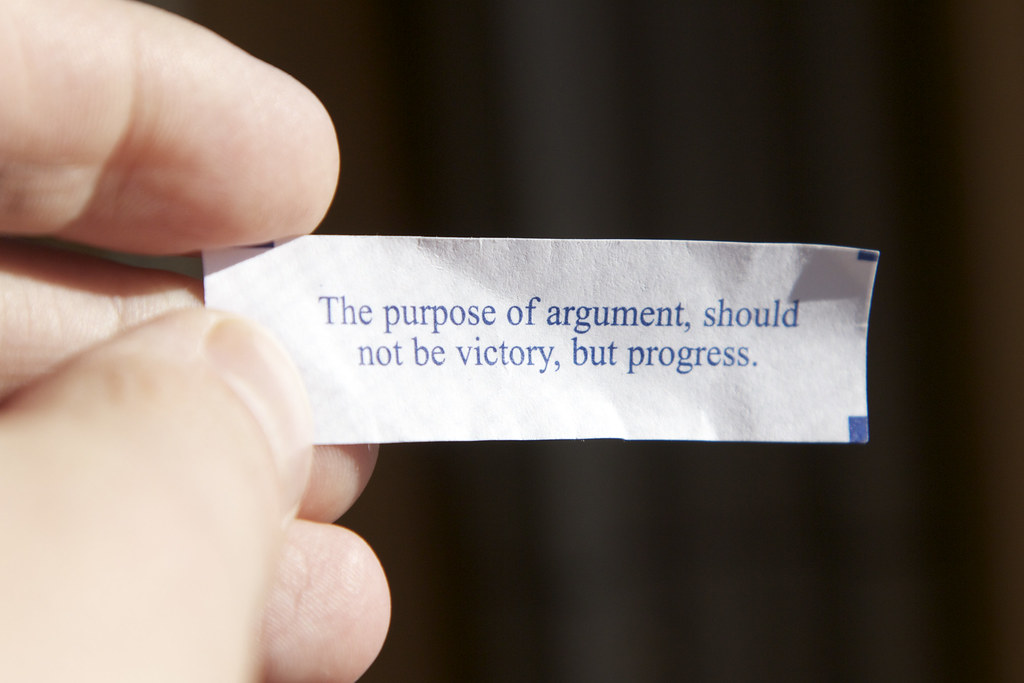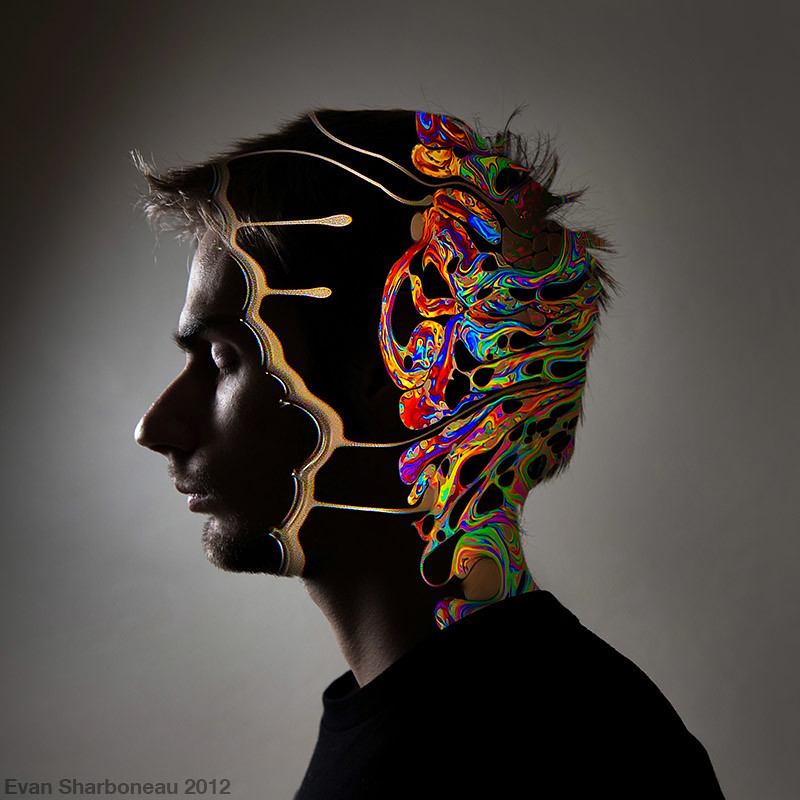A couple of years ago, I was part of a panel with the remarkable Evgeny Morozov, at an event hosted by the Museum of Vancouver. The event wasn’t remarkable, except that I ended up in a somewhat high-energy debate with Mr. Morozov, without particularly understanding why. He ascribed to me beliefs I didn’t hold, which made a rigorous intellectual argument (which I generally enjoy) quite elusive and baffling.
It took a follow-up discussion with my political theorist brother to elucidate it. In particular, he helped me realize that while for decades I’ve described myself as a technologist, depending on your definition of that word, I was misrepresenting myself. Starting with my first job in my mid teens, my career (modulo an academic side-trip) has essentially been to bring technological skills to bear on a situation. Using the word technologist to describe myself felt right, without much analysis. As my brother pointed out, using an academic lexicon, the word technologist can be used to mean “someone who thinks technology is the answer”. Using that definition, capital is to capitalist as technology is to technologist. Once I understood that, I realized why Mr. Morozov was arguing with me. He thought I believed in technologism, much like the way the New Yorker describes Marc Andreesen (I’m no Andreesen in many ways, but I do think he’d have been a better foil for Morozov). It also made me realize that he either didn’t understand what Mozilla is trying to do, or didn’t believe me/us.
Using that definition, I am not a technologist any more than I am a capitalist or a regulator[ist?]. I resist absolutes, as it seems to me blatantly obvious (and probably boring) that except for rhetorical/marketing purposes (such as Morozov’s), the choices which one should make when building or changing a system, at every scale from the individual to the society, must be thoughtfully balanced. This balance is hard to articulate and even harder to maintain, in a political environment which blurs subtlety and a network environment which amplifies differences.
It is in this balance that lies evolutionary progress. I have been re-re-watching The Wire, thinking about Baltimore. In season 3, one of the district commanders, sick of the status quo, tries to create a “free zone” for unimpeded drug dealing, an Amsterdam-in-Baltimore, in order to draw many of the associated social ills away from the rest of the district. In doing this, he uses his authority (and fearlessness, thanks to his impending retirement), and combines management techniques, marketing, and positive and negative incentives, to try fix a systemic social problem. I want more stories like that (especially less fictional ones).
I don’t believe that technology is “the answer,” just like police vans aren’t the answer. That said, ignoring the impact that technology can have on societal (or business!) challenges is just as silly as saying that technology holds the answer. Yes, technology choices are often political, and that’s just fine, especially if we invite non-techies to help make those political decisions. When it comes to driving behavioral change, tech is a tool like many others, from empathy and consumer marketing to capital and incentives. Let’s understand and use all of these tools.
Human psychology explains why marketing works, and marketing has definitely been used for silly reasons in the past. Still, if part of your goal involves getting people to do something, refusing to use human psychology to further your well-intentioned outcome is cutting your nose to spite your face. Similarly, it’s unarguable that those who wield gigantic capital have had outsize influence in our society, and some of them are sociopaths. Still, refusing to consider how one could use capital and incentives to drive behavior is an equally flawed limit. Lastly, obviously, technology can be dehumanizing. But technology can also, if wielded thoughtfully, be liberating. Each has power, and power isn’t intrinsically evil.
1+1+1 = magic
Tech companies of the last decade have shown the outsize impact that these three disciplines, when wielded in coordinated fashion, can have on the world. Uber’s success isn’t due to smart deployment of tech, psychology or capital. Uber’s success is due to a brilliant combination of all three (and more). I’ll leave it history to figure out whether Uber’s impact will be net positive or negative based on metrics that I care about, but the magical quality that combination unleashed is awe inspiring.
This effective combination of disciplines is a critical step which I think eludes many people and organizations, due to specialization without coordination. It is relatively clear how to become a better technologist or marketer. The ladder of capitalist success is equally straightforward. But figuring out how to blend those disciplines and unlock magic is elusive, both within a career path and within organizations.
I wonder if it’s possible to label this pursuit, in a gang-signal sort of way. Venture capitalists, marketers, and technologists all gain a lot by simply affiliating with these fields. I find any one of these dimensions deeply boring, and the combinations so much more provocative. Who’s with me and what do you call yourselves? Combinatorists? Alchemists?


